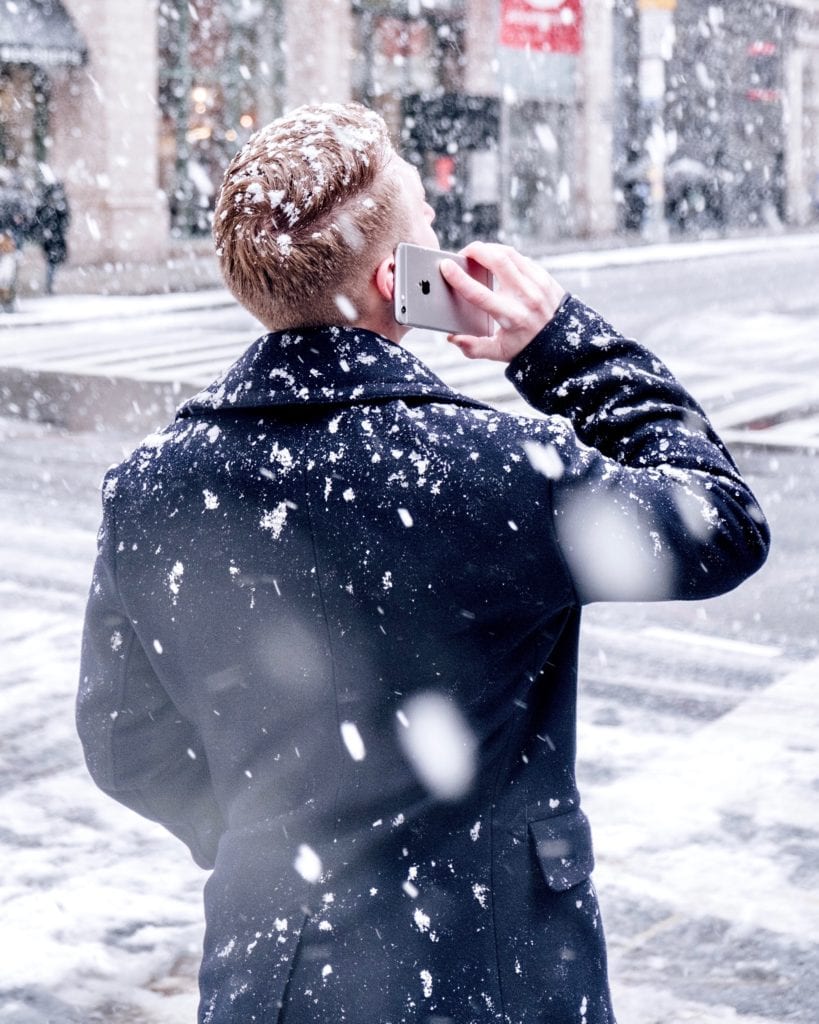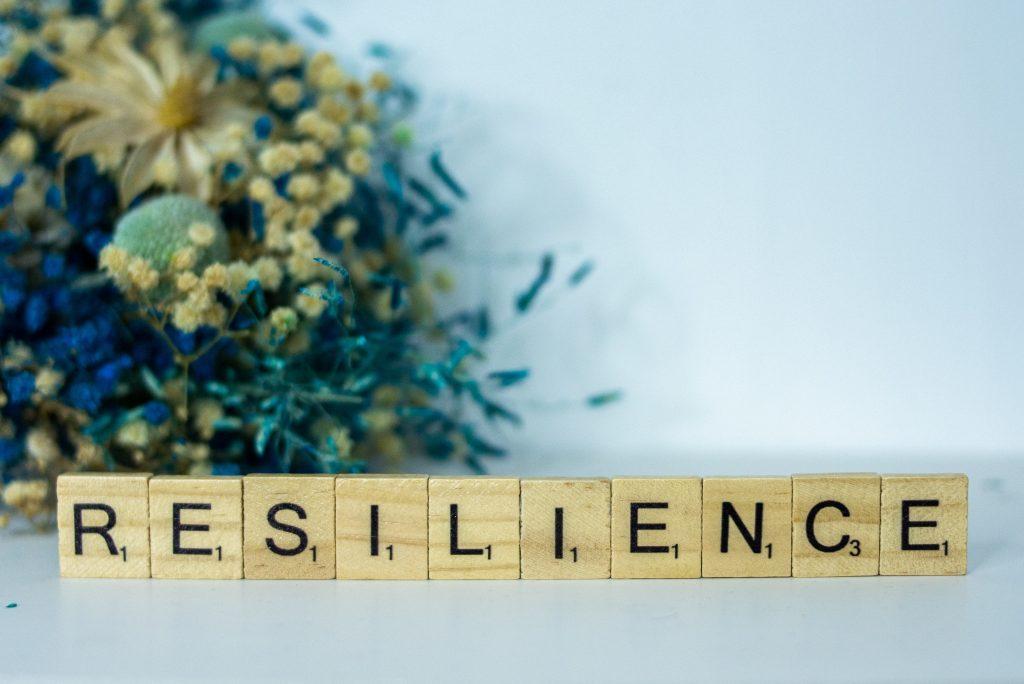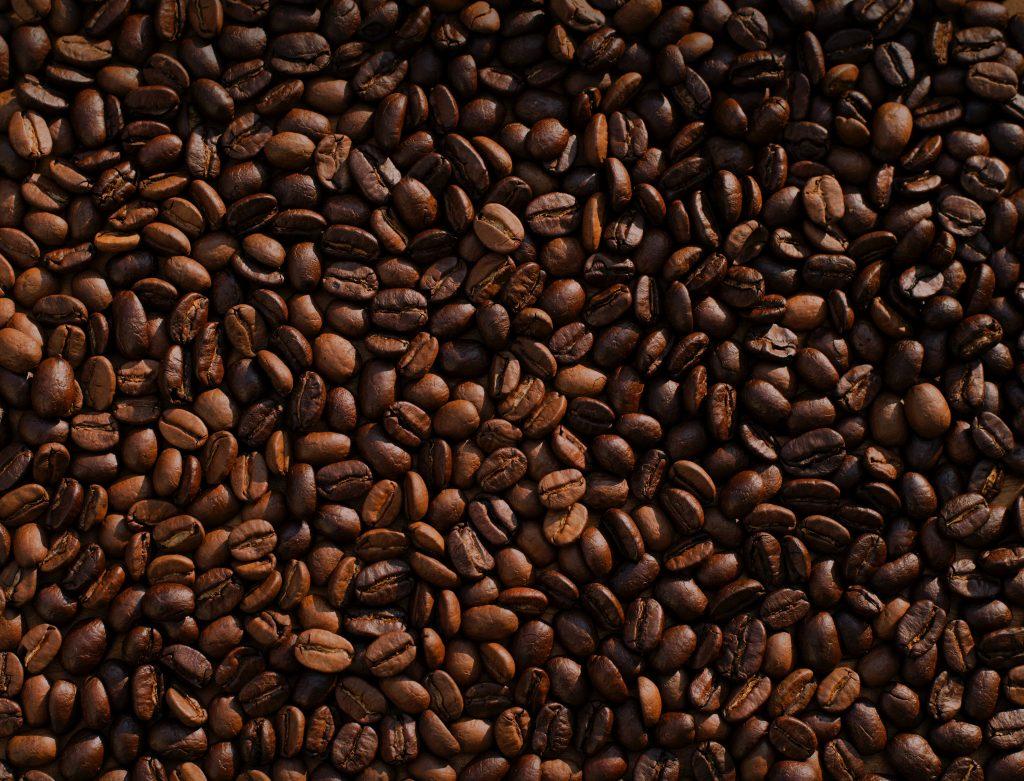The flu is something we become hyper-aware of with the changes of the seasons as soon as you see of the flu shot signs at all of the pharmacies around town pop-up. The flu certainly is something to be aware of and to try and avoid, but that is for another article (hint – we chat about the flu in a couple articles: Stay on Top of Your Immune System with These Foods and 4 Ways to Beat the Flu this Season). A lot more things happen with the changing of the seasons other than just increasing our chances of getting the flu.
There is a lot of scientific research behind how our physical and mental health is affected by the decreasing temps and increasing time spent indoors. The real benefit to all of this though is to educate yourself on what to expect and be prepared for it. Here are three important things to be aware of within your body as the seasons change from summer to fall and then to winter (burrrr).
Vitamin D Levels Drop
During the summer, most people get their daily recommended dose of vitamin D from sun exposure, but with the shorter days and cooler temperature people aren’t getting out as much as they would in the summer time. This makes getting your Vitamin D fill a bit harder to achieve. If you are turning to a supplement to get your Vitamin D, as most people do in the winter time we would like to suggest our SUPER POWDER. One packet contains 250% of your daily amount of Vitamin D, it tastes great, is packed with other vitamins and minerals that are great for your body and comes in three flavors.
Sleep Cycles go out of Whack
In the winter months, when the sun rises later in the morning and sets earlier at night, it can interfere with our circadian rhythm and our body’s internal awareness of when it’s time to be tired and when it’s time to be alert. Because of this it is important to maintain the same bed time and rise time as you normally would in the summer and keep that same schedule all year round. In the winter your body will want to sleep more, yes humans kind of hibernate too but really your body wants the consistent sleep patterns and not falling into the rhythms of just going to sleep because the sun isn’t out.
Dehydration is a Thing
It may be surprising to you, but we are actually more dehydrated in the cooler months than in the warmer months. This may sound silly but we actually pee more in the winter and our thirst desire decreases, both causing a negative impact on our hydration. Plus, if you are using heat then that is drying out your body too. Being hydrated can cause you to have a lack of energy and make you feel dizzy–so drink up!






